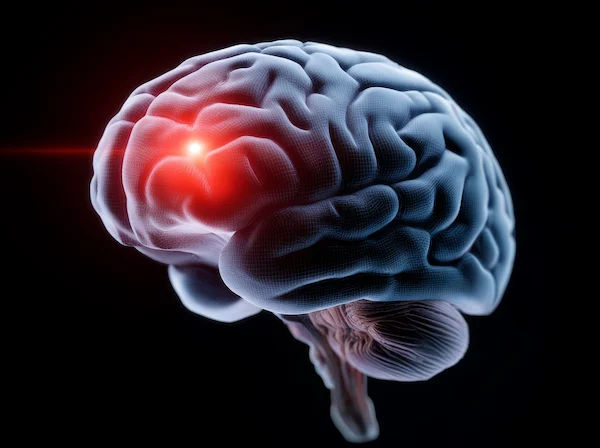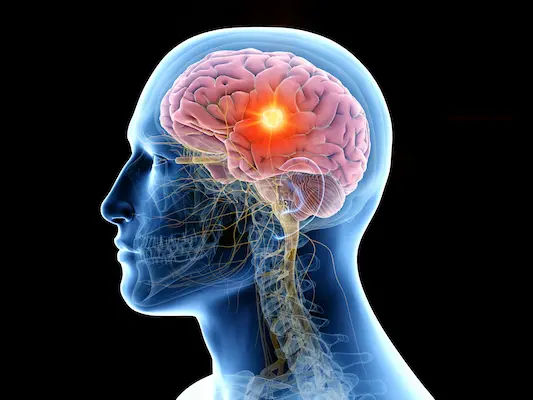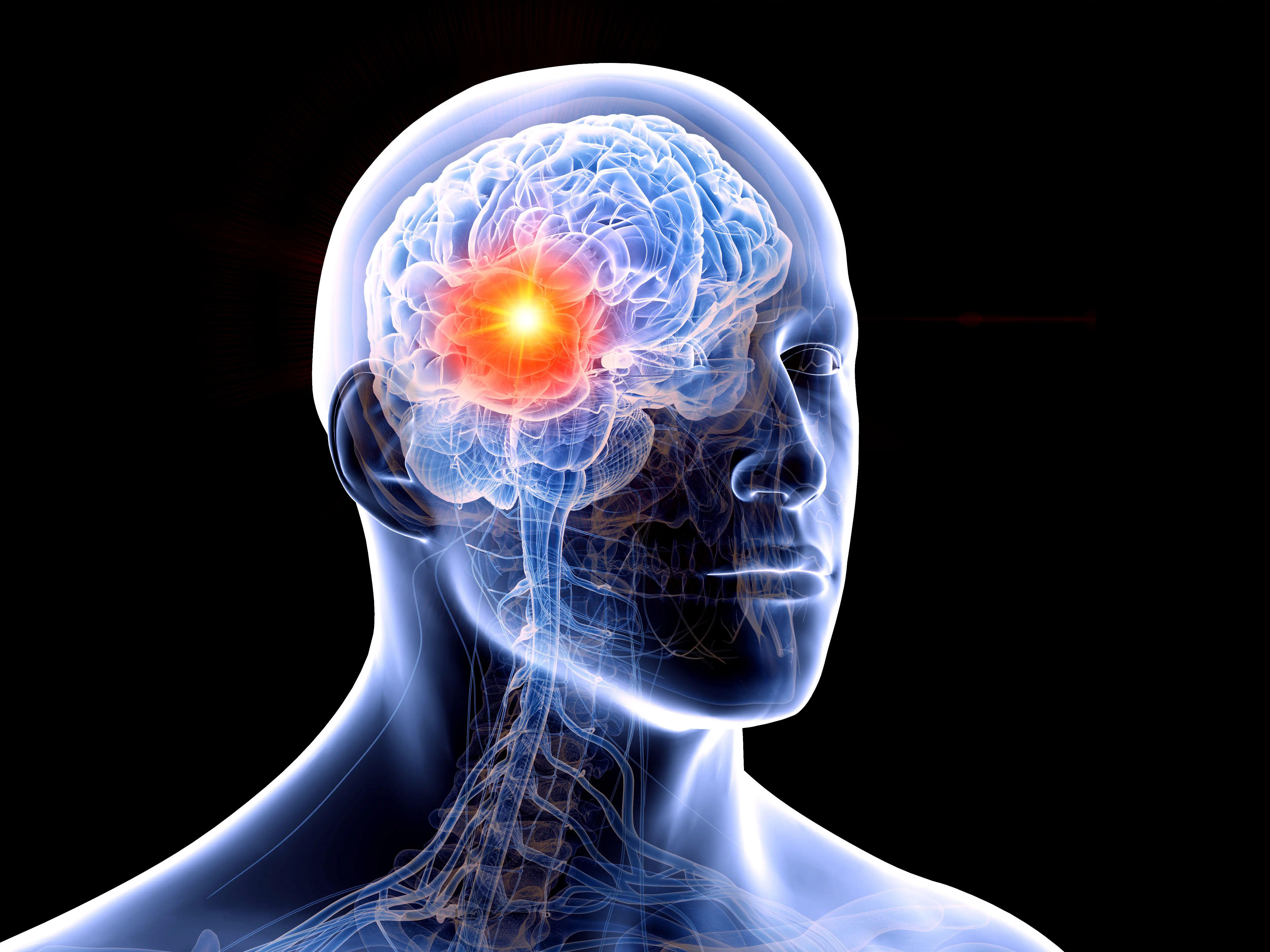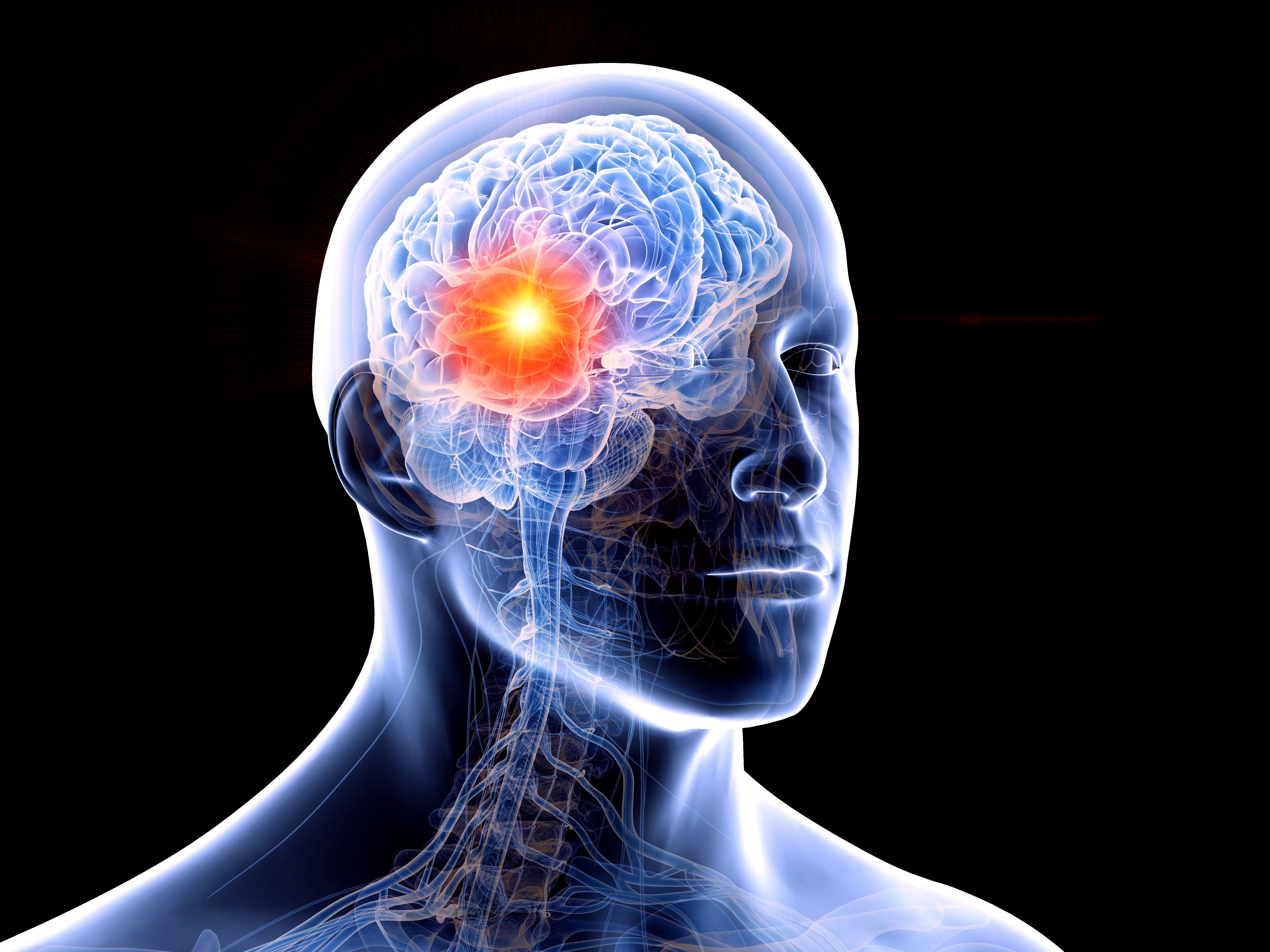Signs of Brain Tumours and Types
Learn about the common signs of brain tumours and explore the different types to better understand symptoms, and diagnosis.

Written by Dr. M L Ezhilarasan
Reviewed by Dr. Rohinipriyanka Pondugula MBBS
Last updated on 13th Jan, 2026
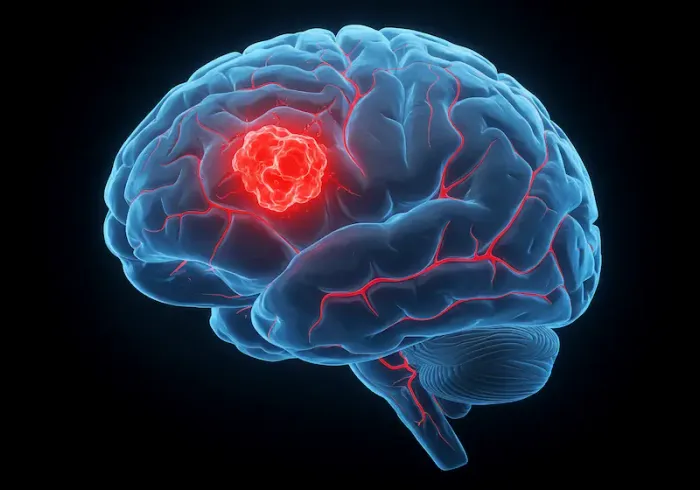
Introduction
Discovering a potential health issue can be frightening, and concerns about brain tumours are often at the forefront of people's minds when unusual neurological symptoms appear. While persistent headaches are the most well-known sign, the reality is that the symptoms and types of brain tumours are incredibly diverse, depending on the tumour's location, size, and rate of growth. This guide aims to demystify this complex subject, providing you with a clear understanding of the common and less common warning signs, the different categories of tumours, and the crucial steps to take if you have concerns. Our goal is to empower you with knowledge, reduce anxiety through information, and emphasize the importance of seeking professional medical advice for a proper diagnosis. Knowledge is your first and most powerful tool.
Understanding Brain Tumours : Primary vs. Secondary
Before diving into symptoms, it's vital to understand the two main categories. A primary brain tumour originates in the brain itself. These tumours are named for the type of cell or brain tissue from which they arise (e.g., meningioma from the meninges, glioma from glial cells). They can be benign or malignant.
In contrast, a secondary brain tumour, also known as a metastatic brain tumour, occurs when cancer cells from another part of the body, such as the lung, breast, kidney, or skin (melanoma), spread to the brain. These are always malignant. In fact, metastatic brain cancers are more common than primary brain tumours. Understanding this difference is crucial because the treatment approach must address both the brain lesions and the original cancer source.
Consult a Neurosurgeon for the best advice
General Symptoms of a Brain Tumour
The general signs of a brain tumour are caused by increased pressure inside the skull (intracranial pressure) or by the tumour pressing on the brain itself. These common brain tumour warning signs often develop gradually and may worsen over time.
Headaches: Often described as persistent, worse in the morning or when lying down, and different from a typical headache. They may intensify with activity, straining, or coughing and may not respond to standard over-the-counter pain medication.
Nausea and Vomiting: Unexplained nausea or vomiting, especially in the morning, can be related to increased intracranial pressure.
Seizures: A sudden, uncontrolled electrical disturbance in the brain. A new-onset seizure in an adult is one of the most significant symptoms of a brain tumour and requires immediate medical attention.
Vision or Hearing Problems: Blurred vision, double vision, loss of peripheral vision, or sudden hearing loss can occur.
Cognitive and Personality Changes: Unexplained confusion, memory problems, difficulty concentrating, and changes in behaviour or personality may be noticed by family and friends.
Location-Specific Symptoms: A Deeper Look
The brain is a complex organ where different regions control specific functions. Therefore, the symptoms of a brain tumour in adults can be very specific to its location. This is why a detailed neurological exam is so important.
1. Frontal Lobe Tumours
The frontal lobe is responsible for reasoning, emotions, problem-solving, and movement.
Symptoms: Weakness on one side of the body, difficulty with speech (expressive aphasia), loss of smell, changes in personality and social behaviour, reduced motivation, and poor coordination.
2. Parietal Lobe Tumours
This lobe processes sensory information and spatial awareness.
Symptoms: Difficulty understanding spoken or written language (receptive aphasia), problems with reading or writing, loss of sensation on one side of the body, and difficulty with spatial tasks like getting dressed.
3. Temporal Lobe Tumours
Crucial for memory, hearing, and language comprehension.
Symptoms: New-onset seizures (often strange smells or tastes, feelings of déjà vu), difficulty processing language and memory, and auditory hallucinations.
4. Occipital Lobe Tumours
The visual processing center of the brain.
Symptoms: Loss of vision on one side of the visual field in both eyes, difficulty identifying colors or objects, and visual hallucinations like flashes of light.
5. Cerebellum Tumours
The cerebellum controls balance and coordinated movement.
Symptoms: Loss of balance, dizziness, difficulty with fine motor skills (like writing or buttoning a shirt), uncoordinated walking, and involuntary eye movements (nystagmus).
6. Brainstem Tumours
The brainstem controls vital involuntary functions like breathing and heartbeat.
Symptoms: Double vision, difficulty swallowing and speaking, facial weakness or numbness, and unsteady gait. Symptoms here can be particularly severe due to the critical nature of the region.
Common Types of Primary Brain Tumours
There are over 120 types of brain tumours. Here are some of the most common types of brain tumours diagnosed.
1. Gliomas
This is a broad category of tumours that arise from glial cells (the support cells of the brain). They include:
Astrocytoma: Arises from astrocytes. Grades range from slow-growing (e.g., pilocytic astrocytoma) to highly aggressive (glioblastoma multiforme).
Oligodendroglioma: A tumour that tends to occur in the frontal lobes and is often slower-growing.
Ependymoma: Develops from ependymal cells lining the ventricles. More common in children but can occur in adults.
2. Meningiomas
Meningiomas are among the most common primary brain tumours in adults. They develop from the meninges (the membranes surrounding the brain and spinal cord). Approximately 90% are benign (non-cancerous) and slow-growing, but they can cause serious problems by pressing on the brain.
3. Pituitary Adenomas
These tumours develop on the pituitary gland at the base of the brain. As benign pituitary tumours, they rarely spread but can cause significant symptoms by over-producing or under-producing hormones, leading to issues like infertility, weight changes, and Cushing's syndrome. They can also press on the optic nerves, causing vision problems.
4. Acoustic Neuromas (Vestibular Schwannomas)
These are benign tumours that develop on the nerve leading from the inner ear to the brain. They are slow-growing but can cause symptoms like unilateral hearing loss, tinnitus (ringing in the ear), and balance problems.
5. Medulloblastomas
These are high-grade malignant tumours that are more common in children but can rarely occur in adults. They develop in the cerebellum and can spread through the cerebrospinal fluid to other parts of the central nervous system.
When to See a Doctor: Taking Action
It is essential to remember that the symptoms of a brain tumour are non-specific and can be caused by many other, far less serious conditions, such as migraines, vitamin deficiencies, or stress. However, you should always consult a doctor if you experience:
A new, persistent headache that is different from your usual pattern.
A sudden onset of seizures.
Unexplained nausea and vomiting.
Rapidly changing vision or hearing.
Noticeable and progressive weakness or numbness.
Your doctor will take a detailed history, perform a neurological exam, and, if indicated, order imaging tests like an MRI or CT scan to determine the cause of your symptoms. Early diagnosis is the key to accessing the most effective treatment options.
Conclusion: Knowledge, Vigilance, and Action
Understanding the diverse signs of brain tumours and types is not meant to incite fear but to foster awareness. The brain is a delicate organ, and symptoms that affect its function should never be ignored. While the vast majority of headaches or memory lapses are not caused by a tumour, a combination of persistent, worsening, or new neurological symptoms warrants professional evaluation. Modern medicine offers a wide array of diagnostic tools and treatment modalities, including advanced surgery, radiation, and chemotherapy. The journey begins with recognizing the signals your body is sending and having the courage to seek answers. If you or a loved one are experiencing a cluster of these symptoms, schedule an appointment with your doctor. It is always better to be proactive about your neurological health.
Consult a Neurosurgeon for the best advice
Consult a Neurosurgeon for the best advice
Dr. Aniket Phutane
Neurosurgeon
6 Years • Mbbs,MCH Nero Surgen
Hyderabad
Apollo Hospitals D R D O kanchanbagh, Hyderabad

Dr. Akhilesh Kumar
Neurosurgeon
7 Years • MS (Gen Surgery), MCh (Neurosurgery)
Lucknow
Apollomedics Super Speciality Hospital, Lucknow

Dr. Sunil Sharma
Neurosurgeon
21 Years • MS, M.Ch
Bilaspur
Apollo Hospitals Seepat Road, Bilaspur

Dr. Subrat Kumar Soren
Neurosurgeon
2 Years • MCH NEUROSURGERY
Karimnagar
Apollo Reach Hospitals Railway Station Road, Karimnagar

Dr. Gopal Achari
Neurosurgeon
20 Years • MBBS, MS (GEN SUR), MCH (NEURO SUR)
Kolkata
Apollo Multispeciality Hospitals , Kolkata, Kolkata
